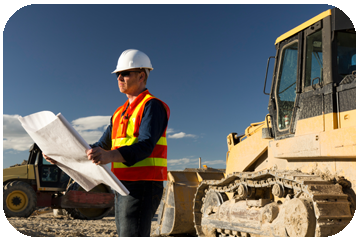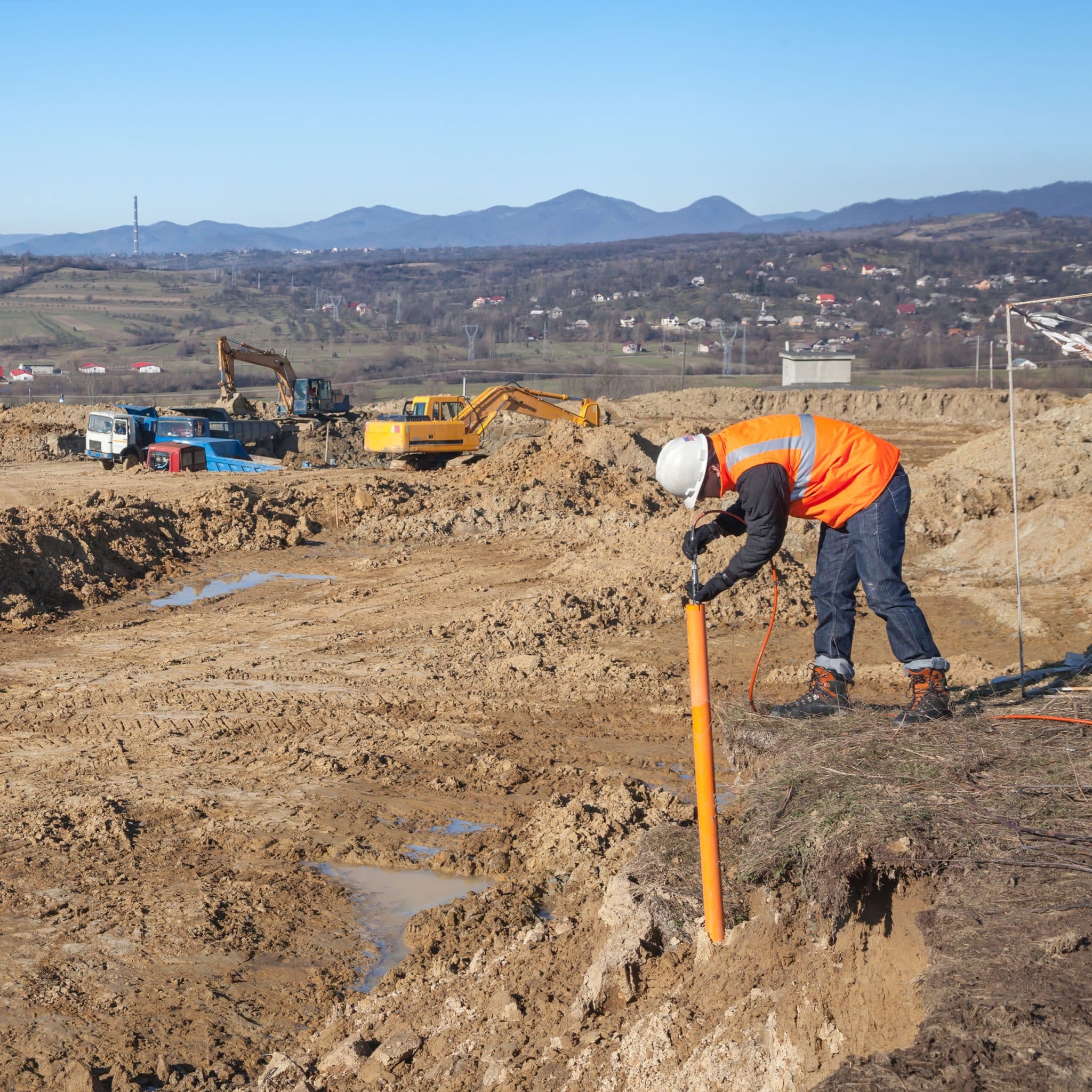How a Knowledgeable Tailings Engineer Can Optimize Your Mining Operations
How a Knowledgeable Tailings Engineer Can Optimize Your Mining Operations
Blog Article
The Interdisciplinary Approaches in the Geotechnical Sector: Linking the Gap In Between Engineering, Geology, and Environmental Scientific Research for Optimal Job End Results
The assimilation of engineering, geology, and environmental science within the geotechnical sector is not merely advantageous; it is essential for achieving optimal job end results. What methods might arise to facilitate this crucial cooperation and enhance the effectiveness of geotechnical practices?
Value of Interdisciplinary Cooperation
The importance of interdisciplinary cooperation in the geotechnical industry can not be overstated. Reliable geotechnical jobs require the integration of varied expertise from numerous fields, including design, geology, and environmental science. This collaboration makes sure that all facets of a job are considered, leading to thorough remedies that attend to complex obstacles.
When functioning in isolation,Interdisciplinary partnership cultivates development by making it possible for professionals to share insights and methodologies that might not be evident. By leveraging the staminas of several self-controls, teams can identify prospective risks, enhance style processes, and enhance the sustainability of geotechnical projects. Additionally, such cooperation promotes a holistic understanding of site-specific conditions, which is important for exact analysis and decision-making.
The intricacy of geotechnical jobs necessitates a coordinated method to analytic. Inevitably, interdisciplinary cooperation is essential for advancing finest techniques and accomplishing quality in the geotechnical industry.
Secret Roles of Each Discipline
Cooperation amongst numerous self-controls is not just valuable; it is vital for the successful execution of geotechnical projects. Each self-control-- design, geology, and ecological science-- plays a distinctive yet interconnected role that adds to predict efficiency and sustainability.
Geotechnical engineers are mostly accountable for developing foundations and making certain architectural stability. They analyze dirt and rock homes to assess load-bearing capacities, offering essential information for risk-free construction techniques. Their experience allows the formulation of cutting-edge services to complex difficulties.

Ecological researchers evaluate the possible impacts of building on communities and water resources. They carry out environmental analyses and develop reduction approaches to reduce negative effects. By incorporating ecological factors to consider, they make certain compliance with regulations and promote sustainability throughout the job lifecycle.
Study of Effective Assimilation
Effective combination of geotechnical disciplines can be exhibited through numerous study that highlight the efficiency of teamwork in dealing with complicated engineering obstacles. One notable example is the building and construction of the Hong Kong-- Zhuhai-- Macau Bridge, where a collective strategy including geotechnical design, geology, and ecological scientific research was essential. Designers and rock hounds functioned in unison to evaluate the seabed conditions and optimize the structure style, guaranteeing stability and lessening ecological impact.
One more impactful case is the renovation of incline stability in the San Francisco my company Bay Area, where an interdisciplinary group combined geotechnical analysis with ecological assessments. By integrating geological studies and hydrological researches, the team properly recognized possible landslide dangers and executed efficient mitigation steps, improving security and sustainability.
Moreover, the redevelopment of Brownfield sites often calls for a multidisciplinary strategy. In one case in Chicago, partnership amongst geotechnical engineers, ecological scientists, and city planners caused the successful remediation of contaminated soil, allowing for the risk-free improvement of the website into a community park. These case studies highlight that interdisciplinary cooperation not only addresses technical challenges but also fosters innovative solutions that benefit both areas and projects.
Challenges in Multidisciplinary Projects

Furthermore, collaborating routines and workflows amongst numerous groups can be problematic, specifically when each self-control has unique task landmarks and deliverables. This imbalance can cause delays and boosted prices. The challenge of source appropriation additionally looms huge; guaranteeing that specific experience is readily available at critical times needs cautious look at more info preparation and foresight.
Last but not least, regulative conformity postures another considerable difficulty. Each technique may encounter different regulative frameworks, and straightening these requirements to satisfy job purposes can be lengthy and complicated. Dealing with these difficulties demands solid management and efficient communication techniques to cultivate collaboration and guarantee that multidisciplinary teams function cohesively in the direction of shared goals.
Future Trends in Geotechnical Practices
As the geotechnical industry progresses, arising fads are improving techniques to resolve the challenges faced in multidisciplinary jobs - geo tech engineer. One substantial trend is the boosted assimilation of sophisticated modern technologies, such as expert system and machine discovering, into geotechnical analysis and design. These technologies enhance predictive modeling and threat evaluation, enabling designers to make more informed decisions throughout the job lifecycle

Moreover, the fostering of electronic doubles and real-time tracking systems is coming to be more prevalent. These tools promote ongoing assessment of dirt conditions and structural performance, enabling for timely interventions when concerns develop.
Verdict
In verdict, the combination of design, geology, and ecological scientific research is vital for accomplishing optimum outcomes in the geotechnical market. Effective instance studies show the benefits of this technique, while recognizing the challenges dealt with in multidisciplinary jobs.
The combination of design, geology, and environmental science within the geotechnical sector is not simply useful; it is important for accomplishing ideal project outcomes. Effective geotechnical tasks require the combination of varied know-how from numerous areas, consisting of design, geology, and environmental science.Browsing the intricacies of multidisciplinary tasks in the geotechnical industry offers numerous significant obstacles.As the geotechnical sector develops, emerging trends are reshaping methods to attend to the website link difficulties faced in multidisciplinary tasks. Geotechnical engineers are significantly teaming up with ecological scientists to make certain that jobs line up with sustainability objectives and comply with governing demands.
Report this page